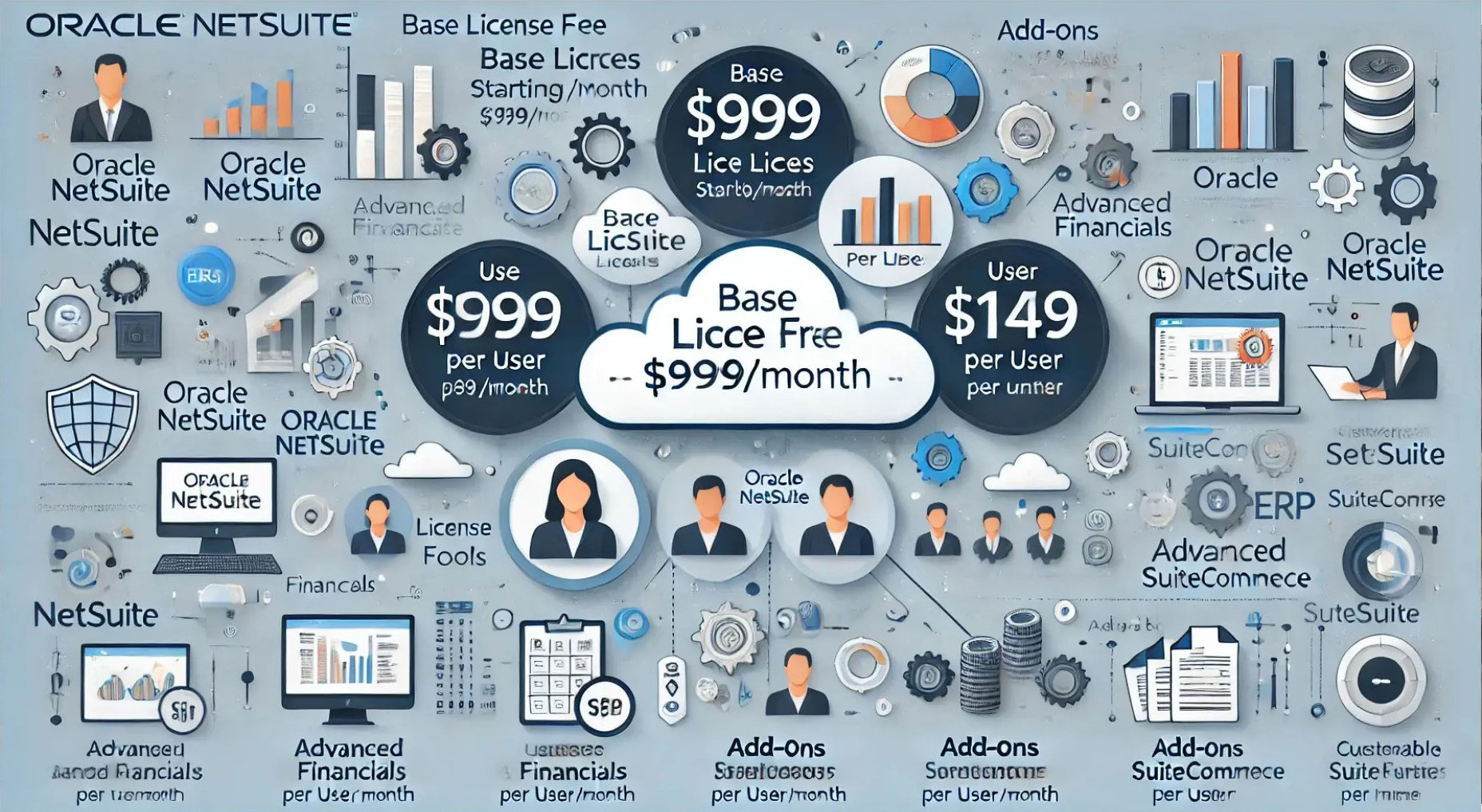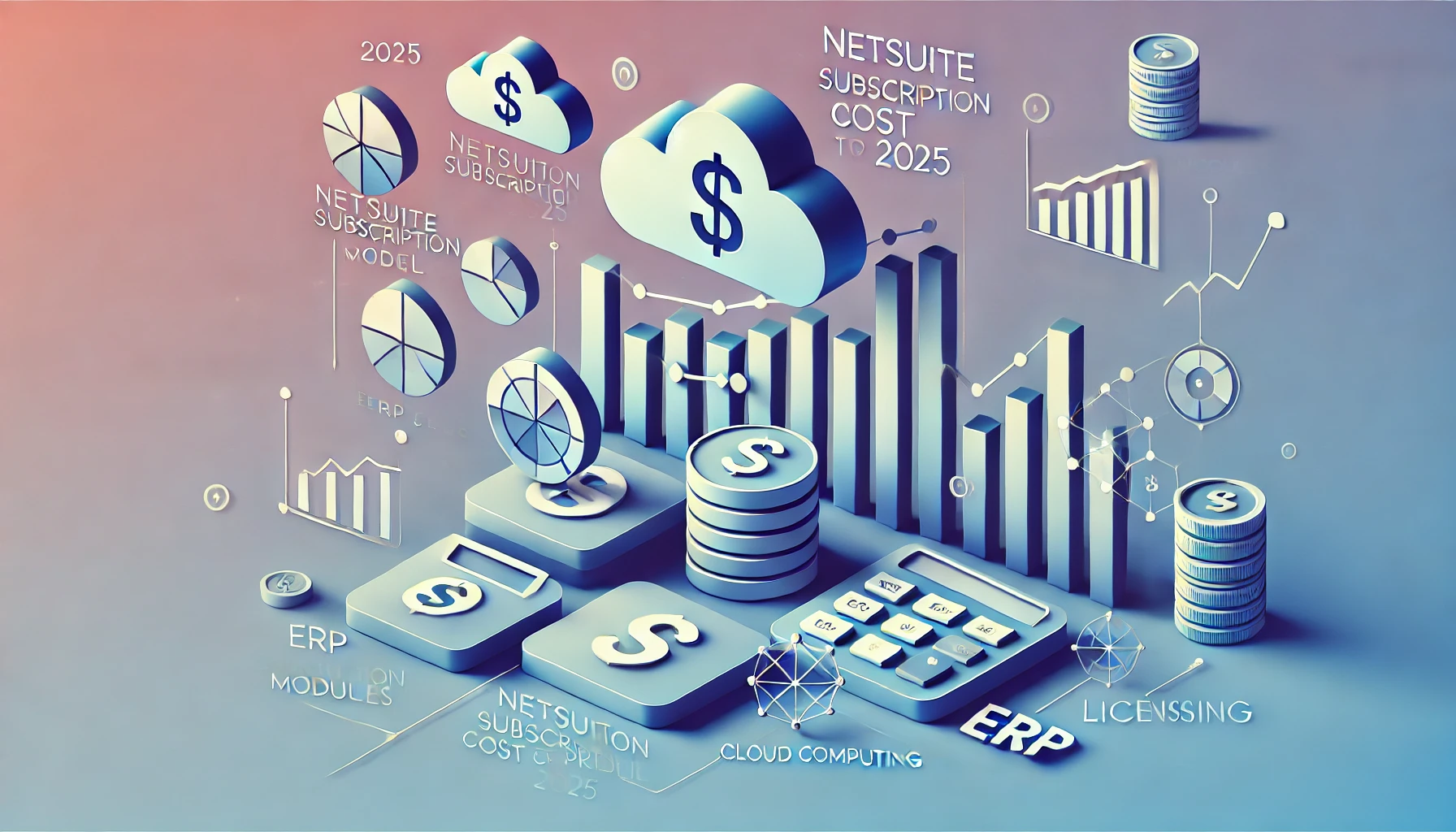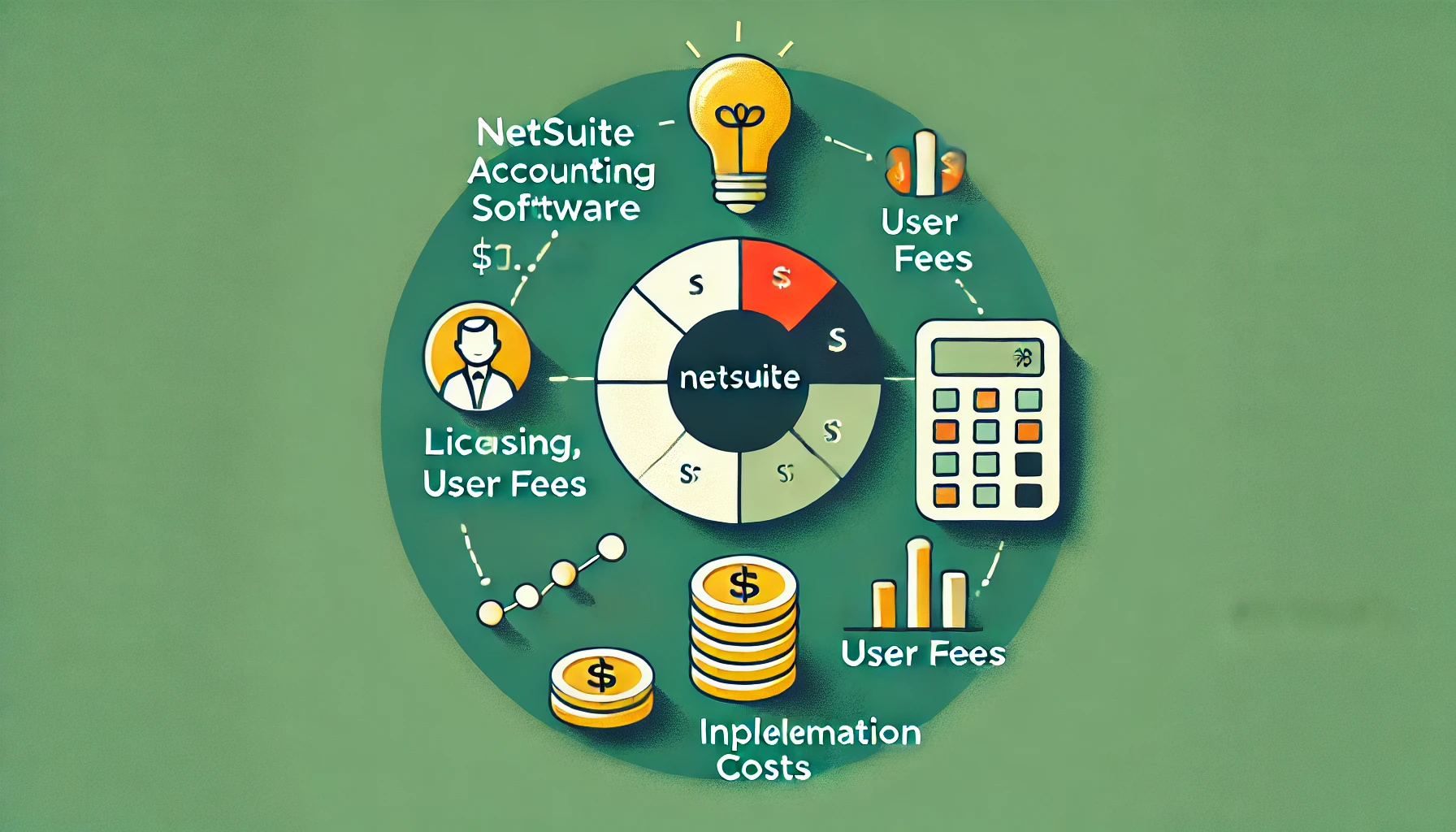Table of Contents
Togglemodern construction companies
The food and beverage industry operates in a fast-paced environment where efficiency, compliance, and adaptability are paramount. From sourcing raw materials to managing inventory and ensuring food safety, businesses must navigate complex processes to meet customer demands. This is where ERP for Growing Enterprises becomes a game-changer, providing a unified solution to streamline operations, enhance visibility, and foster growth.
In this blog, we’ll explore the essential role of ERP systems in the food and beverage industry, focusing on their transformative impact on productivity, compliance, and customer satisfaction.
The food and beverage sector faces a unique set of challenges that require robust technological solutions:
- Stringent Regulations and Compliance: Adherence to food safety standards like HACCP, FDA, and ISO certifications demands meticulous record-keeping and traceability.
- Perishable Inventory: Managing short shelf lives and reducing waste is a constant struggle for businesses in this industry.
- Complex Supply Chains: Coordinating raw material procurement, production schedules, and distribution networks can be overwhelming.
- Demand Volatility: Seasonal demand fluctuations and market trends require dynamic planning and inventory control.
These challenges highlight the need for an advanced ERP solution tailored to the food and beverage industry.
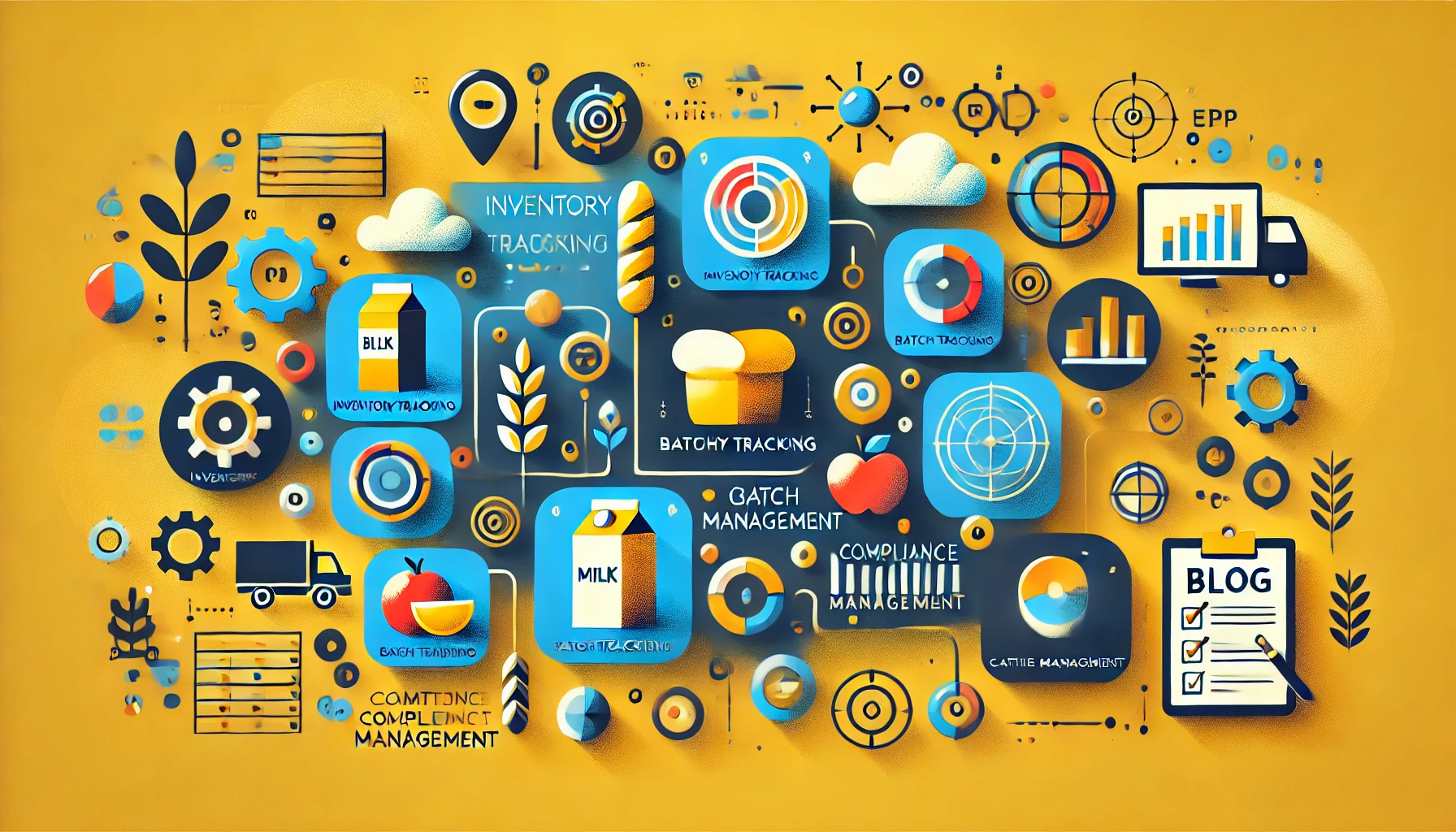
Benefits of ERP for Growing Enterprises in the Food and Beverage Sector
- Enhanced Supply Chain Visibility : ERP systems provide real-time visibility into every aspect of the supply chain, from procurement to distribution. With centralized data, businesses can monitor inventory levels, track shipments, and ensure timely deliveries, minimizing disruptions and maximizing efficiency.
- Streamlined Inventory Management : Managing perishable goods demands precision. ERP solutions help businesses optimize stock levels, implement first-in-first-out (FIFO) inventory management, and reduce spoilage by automating expiration tracking.
- Improved Regulatory Compliance : ERP systems simplify compliance by automating record-keeping, generating audit trails, and ensuring traceability. Features like batch tracking and quality control modules enable businesses to meet regulatory requirements seamlessly.
- Accurate Demand Forecasting : By analyzing historical data and market trends, ERP systems empower businesses to predict demand fluctuations accurately. This reduces overstocking, minimizes waste, and ensures consistent product availability.
- Optimized Production Scheduling : ERP solutions enable efficient production planning by aligning manufacturing schedules with demand forecasts. This reduces downtime, optimizes resource utilization, and ensures timely order fulfillment.
- Improved Quality Control : Maintaining high-quality standards is non-negotiable in the food and beverage industry. ERP systems provide tools to monitor quality at every stage, from raw material inspection to finished product evaluation.
Key Features of ERP Systems for the Food and Beverage Industry
- Lot and Batch Tracking
Lot and batch tracking features ensure complete traceability of products from raw material procurement to end-user delivery. This is critical for managing recalls and ensuring customer safety. - Recipe and Formula Management
ERP systems allow businesses to standardize recipes, manage variations, and calculate production costs, ensuring consistency in product quality and pricing. - Automated Compliance Management
Built-in compliance tools help businesses stay updated with industry regulations, generate necessary documentation, and avoid penalties. - Real-Time Analytics
ERP solutions provide dashboards and reports that offer insights into sales trends, inventory performance, and operational efficiency, enabling data-driven decision-making. - Scalability for Growth
ERP systems designed for growing enterprises can scale with the business, accommodating increased production volumes, expanded product lines, and new market entry.
Case Study: ERP Success in the Food and Beverage Industry
Company X, a mid-sized organic food manufacturer, faced challenges in managing its growing operations. After implementing an ERP for Growing Enterprises, the company achieved:
- 30% Reduction in Inventory Waste: Automated inventory tracking minimized spoilage and optimized stock levels.
- 50% Faster Compliance Audits: Digitized record-keeping and traceability streamlined the audit process.
- Improved Customer Satisfaction: Accurate demand forecasting ensured on-time deliveries, boosting customer trust and loyalty.
This transformation highlights how ERP systems can revolutionize operations in the food and beverage sector.
Choosing the Right ERP Solution for the Food and Beverage Industry
When selecting an ERP system for your food and beverage business, consider the following:
- Industry-Specific Features: Ensure the solution offers tools like batch tracking, recipe management, and compliance modules.
- Integration Capabilities: Look for ERP systems that integrate seamlessly with existing software like CRM or point-of-sale systems.
- User-Friendly Interface: An intuitive interface ensures quicker adoption by employees, reducing training time and costs.
- Scalability: Choose a solution that can grow with your business, supporting increased operations and new markets.
The Future of ERP in the Food and Beverage Industry
As technology continues to evolve, ERP systems are incorporating advanced features like artificial intelligence, IoT integration, and predictive analytics. These innovations promise to enhance decision-making, automate repetitive tasks, and further optimize supply chains.
With the rise of e-commerce and changing consumer preferences, businesses in the food and beverage industry must embrace digital transformation to remain competitive. Implementing an ERP solution is a critical step in this journey, enabling businesses to adapt to market demands and achieve sustainable growth.
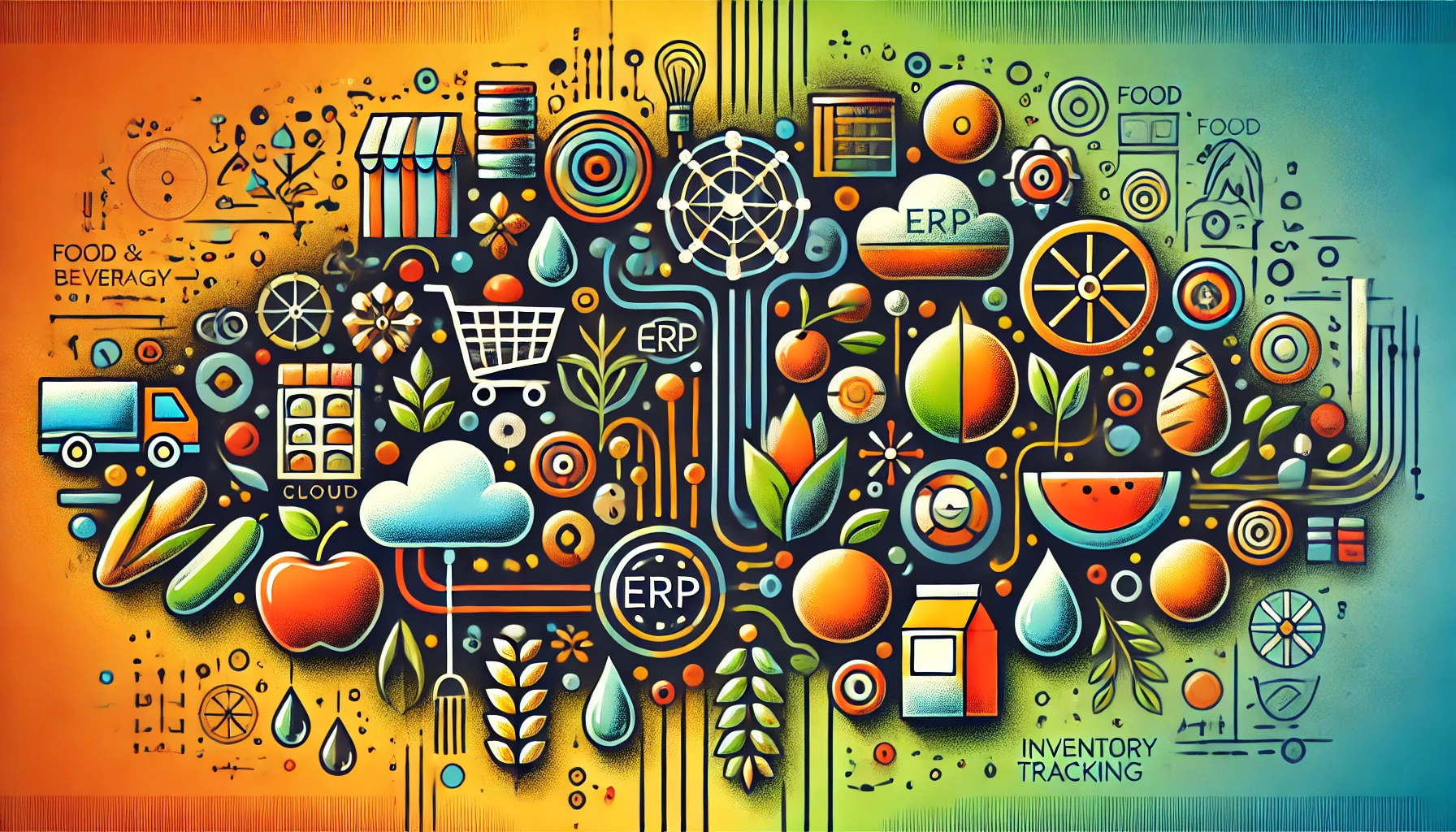
Conclusion
In an industry defined by complexity and rapid change, ERP systems are indispensable for businesses striving to enhance efficiency, maintain compliance, and meet customer expectations. By implementing Custom ERP Solutions for Your Business, companies in the food and beverage sector can streamline operations, reduce costs, and drive growth.
At ERP with Sagar, we specialize in exploring the transformative power of ERP systems across industries. Stay tuned for more insights and strategies on leveraging ERP solutions to achieve business success.


